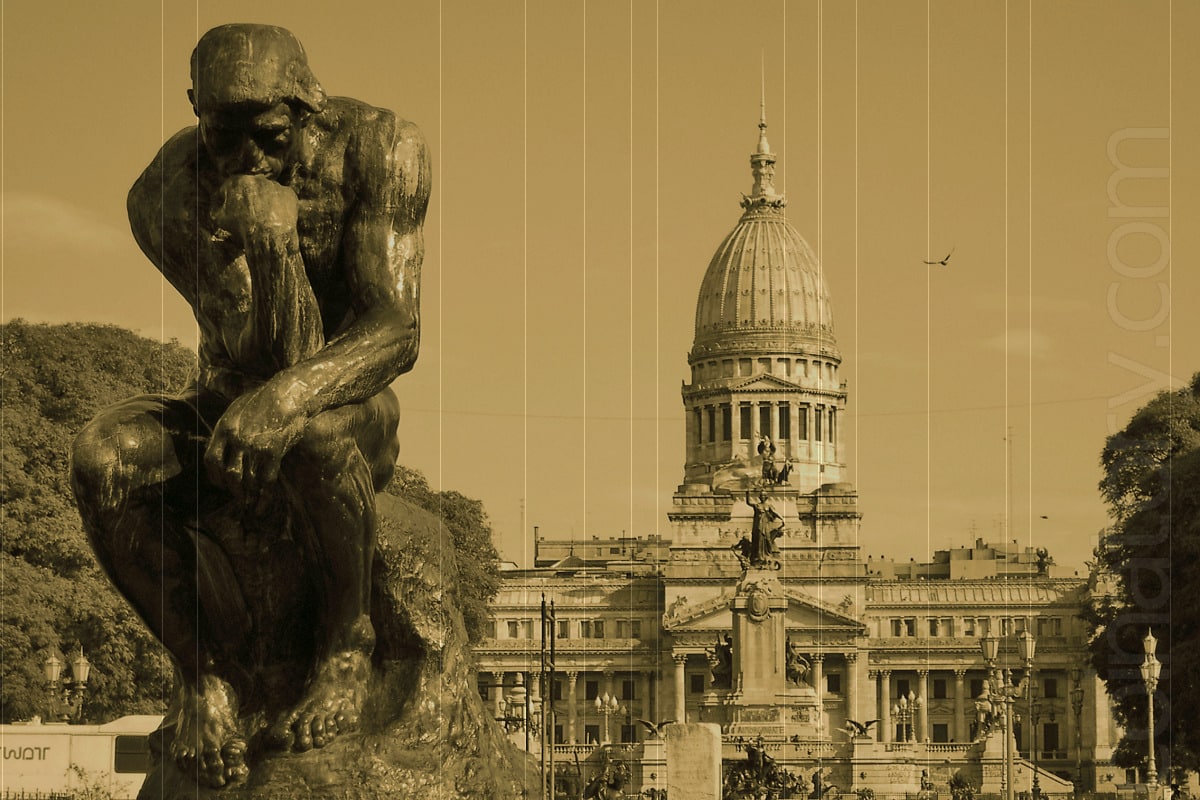
Argentine lawmakers in the Chamber of Deputies have greenlighted an investigation into President Javier Milei following allegations that he promoted the LIBRA memecoin, a move that some experts now equate with a sweeping cryptocurrency scandal. A decisive vote on April 8, reported by the Buenos Aires Times, recorded 128 votes in favor, 93 against, and seven abstentions—reversing an earlier Senate setback.
The investigation centers on Milei’s social media activity, where his endorsement of the LIBRA token—propelled by his 3.8 million followers—spurred the asset’s rapid surge to a $5 price point and a fleeting market capitalization of $4 billion. Critics argue that his involvement facilitated a “rug-pull” scheme, effectively luring investors into a high-risk crypto market.
Prominent figures across legal and financial sectors, including lawyer Jonatan Baldiviezo, engineer María Eva Koutsovitis, and former head of Argentina’s central bank, economist Claudio Lozano, have filed litigation accusing the president of fraud. Additionally, the non-governmental organization Observatorio del Derecho a la Ciudad has raised alarms over an alleged “illicit association” between Milei and the promoters behind LIBRA. Blockchain analysis from February underscores these concerns, revealing that among 15,430 impacted wallets—those realizing a profit or a loss exceeding $1,000—over 86% suffered losses totaling approximately $251 million, while more than 40,000 investors are believed to have lost in excess of $4 billion.
Despite being confronted with mounting evidence, President Milei has maintained that he did not promote the token but rather disseminated information—a claim that has done little to quell skepticism. Further compounding the controversy, reports have surfaced that one of the token’s creators boasted of having the means to pay Milei’s sister for favorable social media promotion, suggesting potential conflicts of interest at the highest levels of government.
This unfolding scenario not only accentuates the volatility within the cryptocurrency landscape but also highlights the intensified regulatory scrutiny facing public figures in the digital asset arena.







